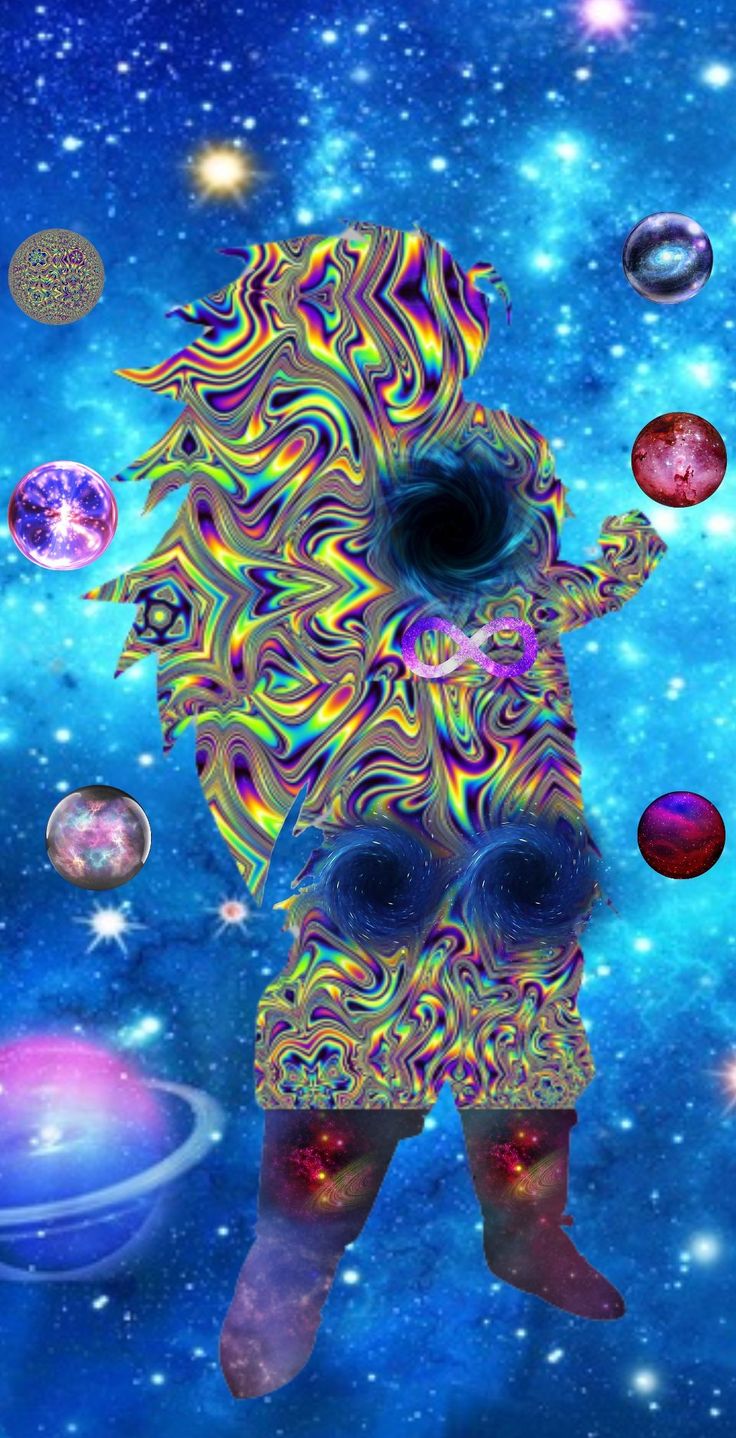In exploring the intricate cosmos of philosophical inquiry, the teachings of the Bahá’í Faith provide an expansive lens through which to scrutinize both infinity and the divine. Themes of existence, creation, and metaphysical concepts converge in an enigmatic dialogue that challenges the very essence of our understanding of God and the universe. At the confluence of science and spirituality, the notions of black holes and the infinitely vast expanses of space raise provocative questions: Can the mysteries of the cosmos illuminate our understanding of the Divine? Are black holes mere cosmic phenomena, or do they embody deeper spiritual metaphors?
To approach this exploration effectively, one must first consider the Bahá’í perspectives on the nature of God. In Bahá’í theology, God is viewed as transcendent and unknowable, existing beyond the limitations of physical reality. The essence of the Divine is unfathomable, and the continuous quest for understanding serves to highlight the magnificence of God’s creation. This leads to the contemplation of infinity; the Bahá’í Faith posits the notion of infinite progression within both the material and spiritual realms. An interesting inquiry arises: How do the characteristics of black holes—regions where gravitational forces obliterate the confines of known physics—parallel our understanding of God’s infinite nature?
The frenetic exploration of black holes within modern astrophysics serves as a compelling allegory for the divine. Black holes, with their event horizons and singularities, symbolize realms that confound the known parameters of existence. The singularity—the point of infinite density—challenges the boundaries of present scientific understanding. There is a poignant juxtaposition here; just as scientists grapple with the implications of such enigmatic phenomena, so too do individuals struggle to comprehend the vastness of God’s nature. This interplay invites further reflection: might the mysteries of black holes be regarded as a reflection of the Divine’s immense nature, a reminder of the limits of human comprehension?
The Bahá’í teachings emphasize the importance of inquiry. One potentially perplexing challenge arises when one considers the integration of science and spirituality; can they coalesce into a coherent worldview? For adherents, the interplay of these domains is not only possible but imperative. The Bahá’í writings assert that religious truth and scientific inquiry are complementary, serving to enhance understanding rather than diminish it. This seamless synthesis encourages individuals to engage in discourse that transcends traditional paradigms, prompting the question: How can the enigmas of astrophysics catalyze a richer understanding of spiritual principles within the Bahá’í framework?
Moreover, the Bahá’í perspective on creation delineates a duality between the material and the spiritual. This duality enriches one’s inquiry into cosmic phenomena such as black holes. A black hole’s gravitational pull can be viewed as a metaphorical representation of spiritual attraction—the innate longing of the soul towards the Divine. Just as objects are drawn inexorably towards the singularity of a black hole, human beings are beckoned towards an ultimate reunion with God. This raises critical considerations: in what ways does this gravitational allure play out in daily existence? How does it inspire deeper spiritual reflection?
Furthermore, the concept of infinity within the context of the Bahá’í teachings facilitates profound theological discussions. The infinite nature of God implies that the journey of the soul is one of perpetual ascent, mirroring the unending vastness of the universe. In the same vein, the exploration of black holes incites contemplation of the universe’s limitless expansion and the potential for life beyond our immediate perception. The Bahá’í writings are rich with descriptions of heaven and the infinite divisions of existence, encouraging seekers to ponder the endless nature of life beyond the grave. The divine promise of continuous progression resonates with the scientific pursuit of knowledge; both realms propagate an ethos of searching beyond the observable confines.
In considering the implications of black holes within the broader spectrum of existence, one can derive inspiration for personal spiritual practice. Meditation on the unfathomable depths of space can evoke feelings of humility and awe, urging individuals to cultivate a spirit of inquiry and reflection. The balance between understanding one’s place in the cosmos and striving to attain higher spiritual truths cannot be understated. Can the contemplation of cosmic mysteries lead to a more profound devotion towards comprehending God’s nature? This interplay ignites an intellectual curiosity rooted in both scientific exploration and spiritual yearning.
As one delves deeper into the profoundly layered teachings of the Bahá’í Faith, the exploration of infinity, black holes, and God invites a transformative engagement with the universe. By acknowledging the limitations of human comprehension and embracing the complexities of existence, adherents are motivated to navigate the intricate landscapes of both science and spirituality. This synthesis not only enhances personal understanding but also fosters a communal pursuit of truth that extends beyond the earthly realm. In conclusion, the dialogue between scientific inquiry and spiritual exploration paves the way for a more enriched grasp of existence, allowing one to traverse the outer bounds of black holes while simultaneously glancing inward towards the infinite dimensions of divine love and wisdom.
